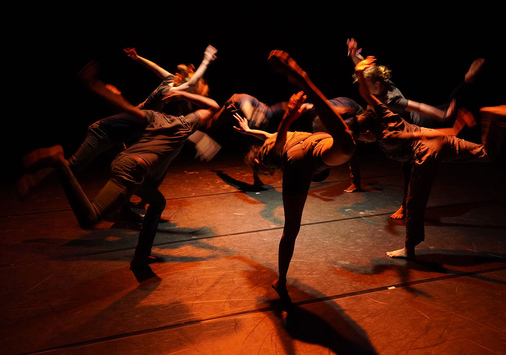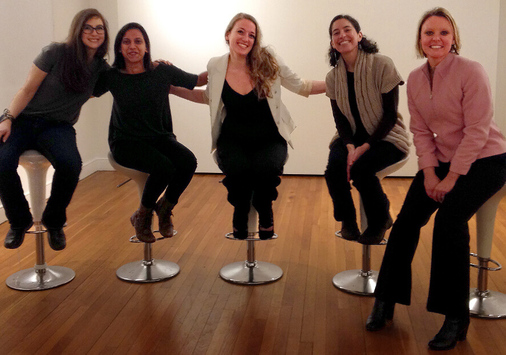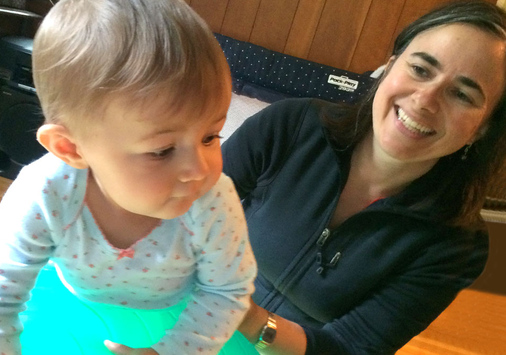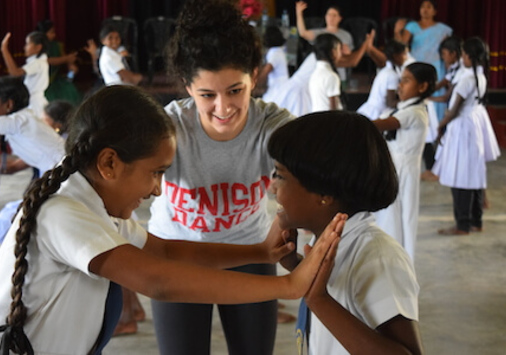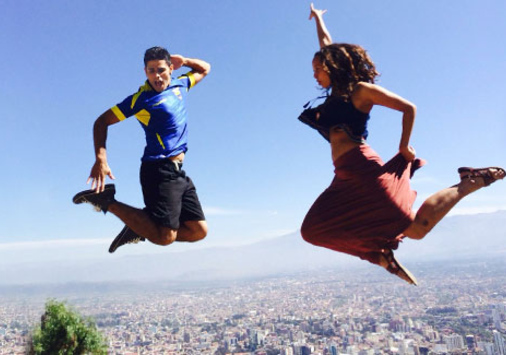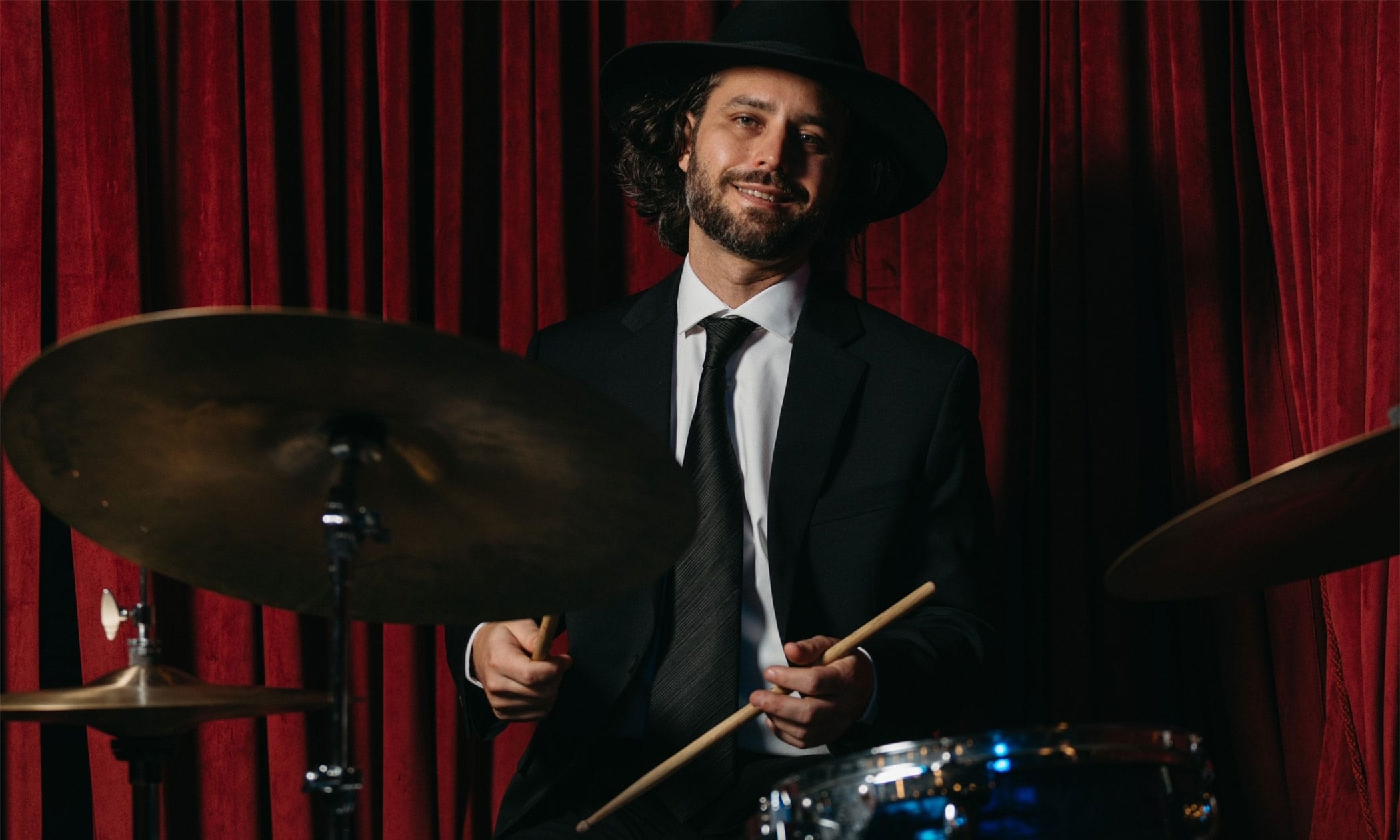
If you’ve ever attended a dance class on The Hill and noticed an artist playing sounds that flow from the movements, chances are you’ve seen Matthew Peyton Dixon, resident musician of Denison’s dance department.
In addition to creating music live, Dixon composes for dance concerts and senior research projects throughout the year. His works are an evolving blend of intuition and spontaneity.
Dixon found joy in playing music from a young age. He was raised in a family with a rich musical heritage; his grandfather played in an orchestra, and his two older brothers are musicians. He graduated from the University of North Texas School of Music where he learned to play percussion, hang drum, djembe, and piano. Dixon also taught himself to play percussion instruments from Southwest Asia, West Africa, and India.
New instruments are like “new language,” he said. “It’s just a matter of learning the different language and the cultural backgrounds, and how they tie into the history of their music.”
As Denison’s musician-in-residence, Dixon incorporates his vocals, electronics, samplers, and loops into soundscapes tailored to the movements and styles of the dancers.
He refines his pieces in collaboration with other dancers and artists to achieve the desired synergies. The process varies — it might take two days of work for a 45-minute piece or a semester for a video piece.
Recently, Dixon collaborated with dance faculty Marion Ramírez on a one-hour sound piece for the opening of Mining the Qhapaq Nan at Denison Museum. He examined the exhibition’s objects and their historical context, and drew inspiration from the landscape, art, and cultural history of Peru, incorporating scores of sounds from highlands, jungles, and traditional music into the piece. The research becomes the scaffolding for his work. ”The audience does not necessarily listen for each sound,” Dixon said, “but they feel the atmosphere.”
In addition to his performances at Denison, Dixon plays at various festivals and with multiple bands and ensembles in Columbus — where it’s not uncommon for him to perform two to four times a week. He’s composed more than 40 words for dance, released seven solo albums, and toured extensively around the United States.
His advice for aspiring musicians and students: “Keep doing it.”




